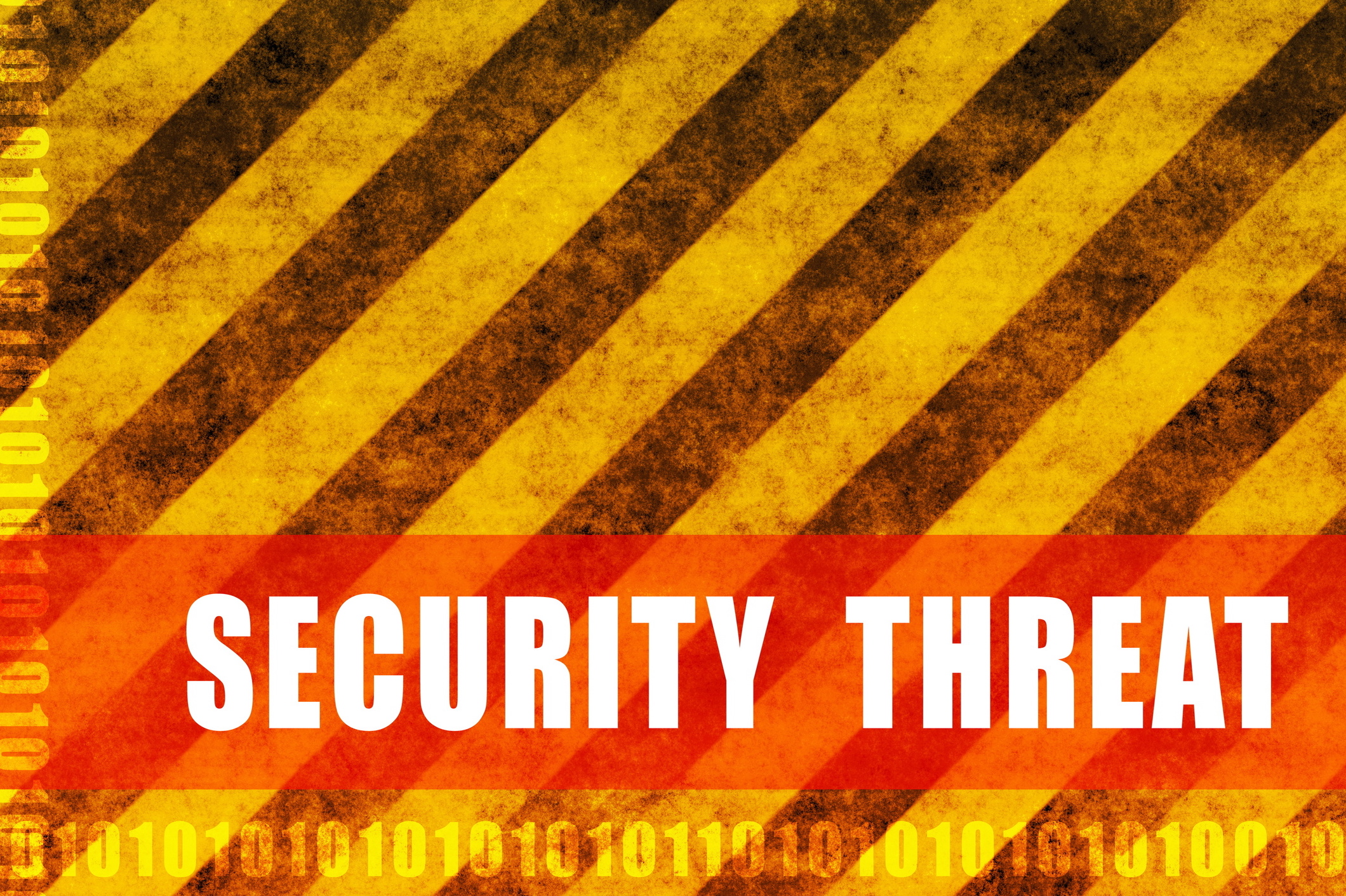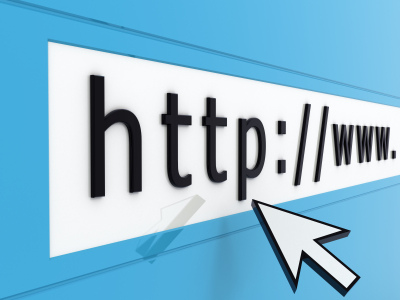ICANN's global domains could increase phishing attacks
Allowing different character sets on the internet could leave users open to new kinds of phishing and web attacks.

Allowing non-Latin characters in domain names could increase phishing attacks and damage web security, according to IT governance organisation ISACA.
ISACA said that the move by the Internet Corporation for Assigned Names and Numbers (ICANN) could lead to confusion among Western users who were used to reading Latin characters and, potentially, leave them vulnerable.
Peter Wood, member of the ISACA Conference Committee, explained that permitting other languages such as Cyrillic could lead to a significant increase in phishing attacks by replacing Latin letters in conventional web addresses with non-Latin ones.
The Cyrillic lower case A (a') is indistinguishable from Latin lowercase A (also a'), but the code behind it is different. That means for example, you can create a website called Amazon.com with the letter a' as Cyrillic, rather than using a Latin a'.
"Reading it in an email or a web address would look like the real Amazon.com, but if you'd registered that domain with the lower case a' being Cyrillic, they would actually be different," Wood said. "Users would not be able to spot that visually."
Wood said that as a penetration tester, he could think about the code' behind the language and realised very quickly what ICANN's announcement could mean when it came to IT security.
"My immediate thought was that if they were going to allow multiple languages and character sets, you'd end up with the possibility of spammers being able to fool users in a whole new wave of phishing and spoof attacks," he said.
Get the ITPro daily newsletter
Sign up today and you will receive a free copy of our Future Focus 2025 report - the leading guidance on AI, cybersecurity and other IT challenges as per 700+ senior executives
"Historically there have been scams like putting instead of vvw instead of www, which to people looking quickly looks normal," he explained.
He added: "This is taking things a whole notch further, as you can actually use real characters that have a different Unicode value behind it. You can have a legitimately registered site that includes Cyrillic characters."
Wood said big businesses might try and register domains that looked under threat from criminals attempting to take advantage of the issue.
"Obviously in due course the browsers may get updated so they can alert you to it, but I imagine that may be well down the pipeline," he added.
-
 Cleo attack victim list grows as Hertz confirms customer data stolen
Cleo attack victim list grows as Hertz confirms customer data stolenNews Hertz has confirmed it suffered a data breach as a result of the Cleo zero-day vulnerability in late 2024, with the car rental giant warning that customer data was stolen.
By Ross Kelly
-
 Lateral moves in tech: Why leaders should support employee mobility
Lateral moves in tech: Why leaders should support employee mobilityIn-depth Encouraging staff to switch roles can have long-term benefits for skills in the tech sector
By Keri Allan
-
 ‘Climate of fear’ is best weapon against cyber crime
‘Climate of fear’ is best weapon against cyber crimeNews A member of the Serious Organised Crime Agency has claimed cyber criminals are best tackled through fear of prosecution.
By Jennifer Scott
-
 ICANN: Most web domain registrations are faulty
ICANN: Most web domain registrations are faultyNews A new report on the accuracy of domain registrations has found 77 per cent of records have information that is missing, incorrect or deliberately falsified.
By Martin James
-
 Kaminsky flaw fixed for .com and .net by 2011
Kaminsky flaw fixed for .com and .net by 2011News Verisign anticipates an industry-wide effort to finally rid the net of the Kaminsky flaw.
By Asavin Wattanajantra
-
 Microsoft offers $250,000 Conficker bounty
Microsoft offers $250,000 Conficker bountyNews In an attempt to combat the worm that’s been plaguing the internet, the software giant is offering a $250,000 reward for information on the gang responsible.
By Miya Knights